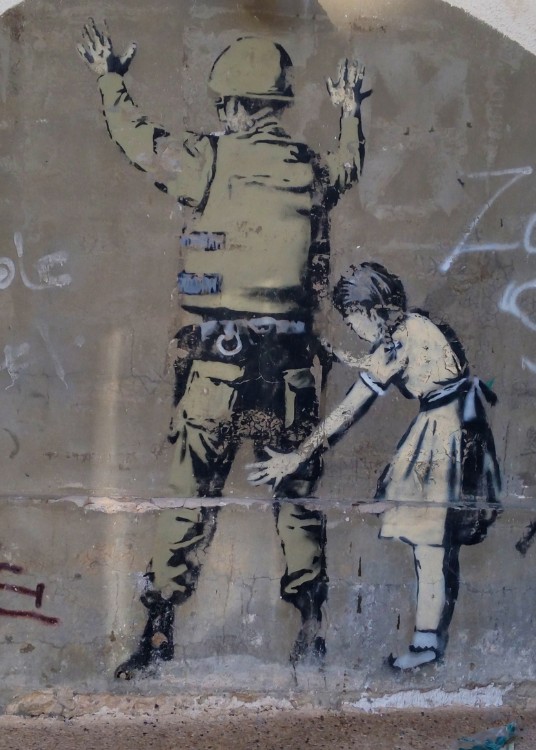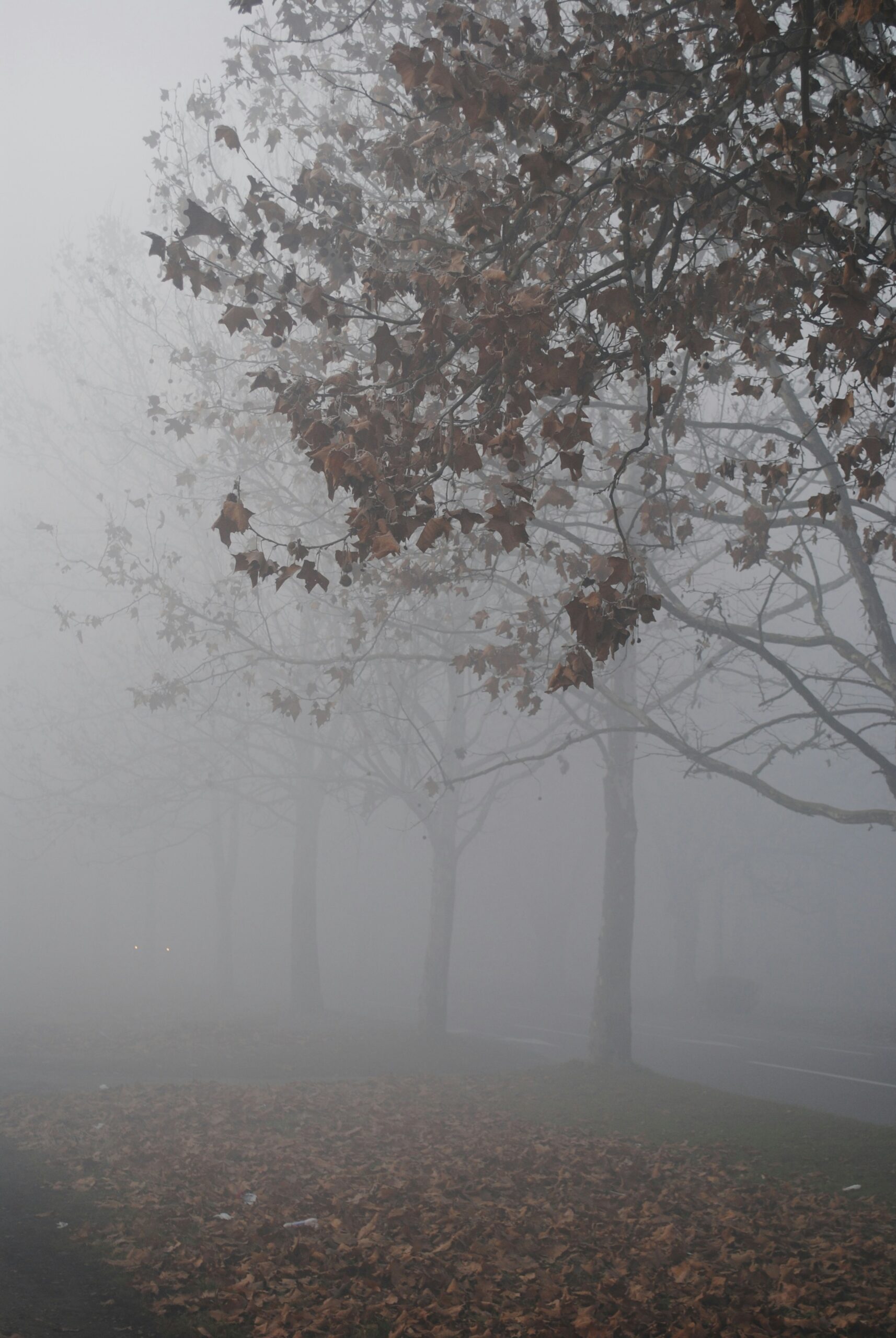“Poetics is a choice made on instinctive personal grounds, it is the opposite of the expected, it is the spontaneous gaze, criterion on the notion of the marvelous”– Umar Abubakar Sidi
Sidi’s attempt to define poetry within the emerging Nigerian nay African poetic discourse cannot be overlooked, he is no doubt one of the important poets of the times, with a widely celebrated collection; “The Poet of Dust”. Sidi has steadily ascended the throne of meta-poetics, with his ever evocative and definition driven poems. Sidi has succeeded in representing himself as a poet whose leitmotif is to ignite a discourse on the subject of what poetry is. This appears to be a revisit to the debates of old by African writers and scholars, who at the time were in search of a core for African literature.
Sidi is in search for poesy; a definition for the art of poetry. We have seen this tendency in his first poetry collection, The Poet of Dust, and now in this new poem, The First Manifesto or the Survey of the Eye, he continues interrogate what poetry is and to proffer his own idealistic definitions as well. Interestingly, as started above, Sidi is not the first to have been obsessed with the notion of meaning and purpose for poetry, for example, Niyi Osundare had contemplated the same questions, which gave birth to his seminal meta-poem, Poetry Is. Poetry Is, without a doubt, is Osundare’s own answer to the same question that Sidi is battling to answer. Osundare, instructs us what the responsibility of the poet is to his society and conscience in his poem, making a case for the accessibility of poetry by the mases. Although, many have argued that Osundare’s poem may not have totally availed itself to the essence for which he wants poetry to assume.

Sidi employs prose poetry style to convey his philosophisations on poetry. His poetry reminds one of Walt Whitman’s poetics. Is Sidi advocating for the adoption of the prose poetry form as the new hallmark of poetry? Well, it would not be a bad idea excepting that prose poetry has a lot more in common with prose than it has in common with poetry. In other words, prose poetry is a narrative piece that simply borrows the mechanics of poetry to sound like a poem. If this were to be the case, then what manner of ideological innovation is Sidi proposing as the new direction for Nigerian poetry? What would be the substance of a pretended form of expression that is in-between, because prose poetry is not totally prose neither is it genuinely poetry?
Perhaps, what Sidi seeks of us is a personal conviction or definition of what poetry means to us as individuals. In his rather pervasive definition of poetry such as reflected in the quote that opens this piece, he tells us that “poetics is a choice made on instinctive personal grounds”. The persona is well aware that poetry is a subjective endeavour hence the submission that its conceptualisation is based on “a choice made on instinctive personal grounds”. Even though the persona conceives of poetry as a personal inquisition, he contradicts that idea when in stanza or line fourteen and fifteen he suggests that one should be open to the several contradictions which form the layers of poetry. He submits that :
“Openness to whatever might happen is the first component of lyric behaviour/
others include: contradictory states of dream, devastating boredom, the cursed bread at the margin of mystery”.
This poem reads more like an essay than poetry and it has not definitive structure. It employs a stream of consciousness in which several ideas are entangled in a web of dialogue.
The First Manifesto or the Survey of the Eye is a treatise on poetry as earlier mentioned, it opens with a hypothesis:
The Surreal is afflicted with dialogue
To open any survey of an art movement with the possibility of arrival at a point of convergence requires an association between dialogue and voice
Proposition
If poetry is a monologue as the persona suggests, why then does the same persona invite us to a dialogue when he posits that, “dialogue is continuity of thought (in our eye)?” which happens to also be the last line of the poem. Could it be a dialogue with self or between the persona and the reader? Well, considering the use of collective pronouns; our and we, suggests that the conversation being talked about is far from being personal, hence it is a dialogue with the society, for in only poetic dialogue would “Our concern will then be what endures”. Sidi’s poem speaks of many things from the profound to the absurd.
Order Link: Umar Abubakar Sidi’s The Poet of Dust (Konya Shamsrumi 2019)

Paul Liam is a poet, critic and Head of Operations at Isu Media Ltd, Abuja
- Kabura Zakama’s Chant of the Angry: The Lamentation of a Nation in Despair || PaulLiam - September 14, 2024
- Abdullahi Ismaila’s Our Country Holds a Whip Against Us: Toneful Wailings And Wakeful Laughters|| Paul Liam - June 24, 2021
- On Reading “Gathering of Spirits & Other Poems” by Umar Abubakar Sidi || Paul Liam - May 3, 2021












Leave a Reply